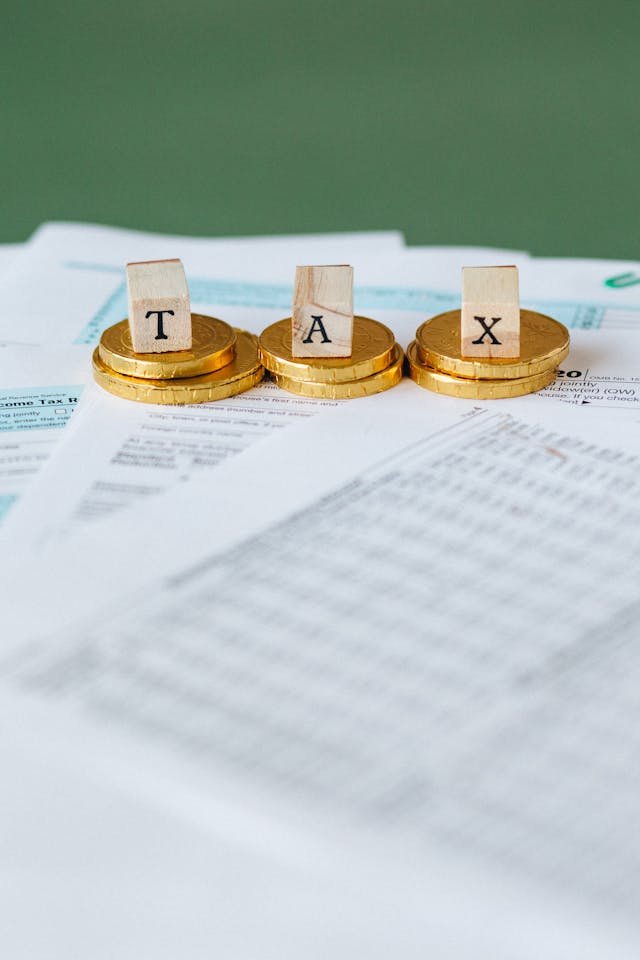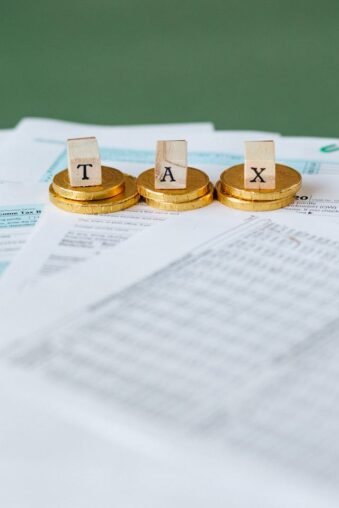January 31st Deadline Just Days Away
Understanding the timeline for self-assessment tax returns is essential for taxpayers to ensure compliance with UK tax regulations. The tax year in the UK runs from April 6th to April 5th of the following year. Therefore, for the tax year ending April 5th, 2024, taxpayers have until January 31st, 2025, to submit their self-assessment tax returns. This critical deadline often serves as a source of stress for many, emphasizing the need for early preparation and systematic planning.

In preparation for meeting this deadline, taxpayers should gather all necessary documentation well in advance. This includes relevant financial records, receipts, and information on any other income sources. Taxpayers should also consider utilizing accounting software or seeking professional assistance to simplify the process. Engaging with a financial advisor or accountant can help ensure accuracy in reporting income and expenses, potentially leading to tax savings.
The January 31st deadline carries significant importance in terms of compliance and the avoidance of penalties. Failing to submit the self-assessment return by this date results in a £100 fine, which escalates if the delay extends beyond three months. Additionally, any unpaid taxes after the deadline can incur interest charges and further penalties, creating additional financial burdens for the taxpayer. Thus, meeting this deadline is not merely procedural but crucial for maintaining fiscal responsibility.
By being proactive and maintaining an organized approach, individuals can effectively navigate the self-assessment process, avoid potential penalties, and ensure a smoother transition into the new tax year. The implications of missing the January 31st deadline underscore its importance, making preparation and timely submission essential practices for all self-assessment taxpayers.
Understanding Late Fees and Penalties
Failing to submit a self-assessment tax return by the designated due date of January 31st, 2025, can result in significant financial consequences, primarily in the form of late fees and penalties. The initial penalty for missing the deadline is set at £100, which is immediately charged once the due date passes. This penalty applies regardless of whether there is tax due or not, serving as a straightforward warning for taxpayers who have not filed on time.
If the return remains unfiled three months post-deadline, taxpayers can incur additional daily fines amounting to £10 per day. This supplemental charge continues until the tax return is submitted, capping out at a maximum of 90 days. Beyond this threshold, further penalties may be imposed, culminating in a possible additional fine of 5% of the tax owed if the return is filed six months late or more.
Various factors influence the total amount owed in penalties, including the duration of the delay, the amount of unpaid tax, and whether there was any reasonable cause justifying the late submission. Taxpayers may contest their penalties if they can demonstrate extenuating circumstances. Common valid reasons include serious illness or unexpected life events that hindered their ability to perform financial tasks.
Moreover, consistently late submissions can have broader implications for future tax filings. Taxpayers may face more stringent scrutiny from the tax authorities, which can lead to ongoing complications. To effectively resolve situations concerning penalties, individuals are encouraged to communicate directly with tax authorities as soon as issues arise. Often, they may provide options such as payment plans or negotiation of penalties under certain conditions, thus potentially alleviating some financial burdens.
Tips and Resources for Timely Tax Filing
Filing a self-assessment tax return can be a daunting task, but with the right organization and resources, the process can be managed efficiently. One of the first steps in ensuring timely tax filing is to keep accurate and organized financial records throughout the year. It is advisable to regularly gather and categorize all relevant documents, such as invoices, receipts, and bank statements. Utilizing a dedicated folder for digital files can streamline this process and make it easier to access needed information when tax season arrives.
Another crucial tip is to consider using software designed for tax preparation. Many programs are available that not only simplify the process but also ensure compliance with current tax regulations. These tools often come equipped with features such as income tracking, expense categorization, and the ability to calculate tax owed or refunds expected. Alternatively, enlisting the help of a qualified tax professional can provide personalized guidance, especially for those with complex financial situations. This investment could also save individuals time and reduce stress during tax season.
Setting reminders for important tax deadlines is an essential practice to avoid last-minute filing. Utilizing calendar apps on smartphones or computers can help taxpayers stay informed about essential dates, including the self-assessment submission deadline of January 31st, 2025. Additionally, the HM Revenue and Customs (HMRC) website offers various online tools and resources for individuals preparing their self-assessment tax returns. These include guides, FAQs, and calculators, which can assist taxpayers in navigating the self-assessment process.
By following these tips and utilizing the available resources, individuals can ensure they are well-prepared for their self-assessment tax filing, ultimately leading to a more organized and less stressful experience as the deadline approaches.

